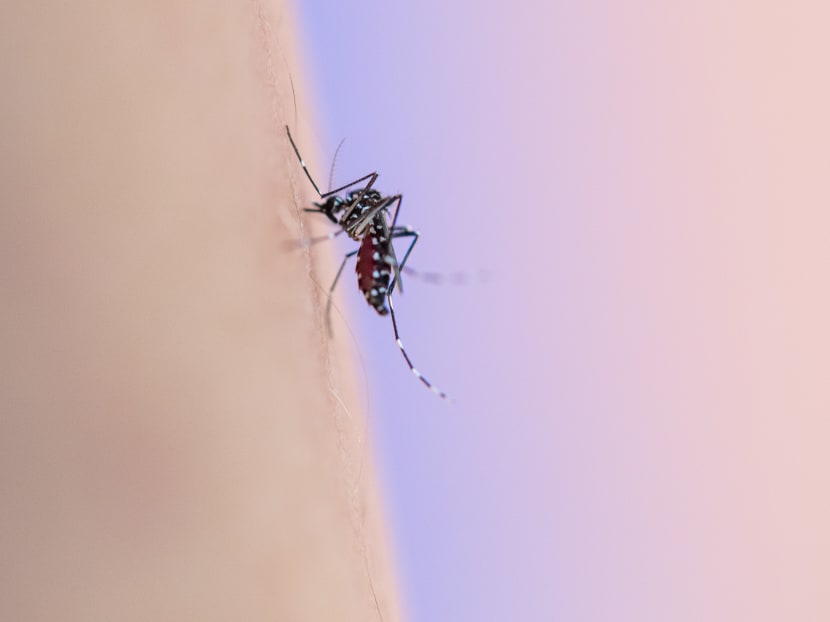NEA warns of another dengue outbreak in 2023 as cases remain high in January
SINGAPORE — The number of weekly dengue cases has remained high going into the new year, prompting the National Environment Agency (NEA) to warn of the risk of another outbreak in 2023.
SINGAPORE — The number of weekly dengue cases has remained high going into the new year, prompting the National Environment Agency (NEA) to warn of the risk of another outbreak in 2023.
More than 32,000 dengue cases were reported in 2022, about six times the total number of cases recorded in 2021.
Last week, there were 279 dengue cases, almost double the number reported in the same period last year, NEA said in a media release on Thursday (Jan 19).
"The continued high number of dengue cases at the start of the year increases the risk of an early surge in cases in the coming months, and could lead to another dengue outbreak in Singapore this year," it added.
There were 82 active dengue clusters as of Wednesday.
Thirteen of them are large clusters with 10 or more cases, including Hougang Avenue 1, Jurong West Avenue 5 and Toa Payoh Lorong 4.
The dengue virus serotype 3 (Denv-3) remains the predominant strain circulating across Singapore, NEA said. It was detected in 11 of the 13 large dengue clusters.
"Our population immunity to Denv-3 is low, thus more people are susceptible to infection with this serotype," the agency added.
"There is thus a high risk that the large number of dengue cases will lead to (a) continuation of last year’s Denv-3 outbreak in Singapore."
In December last year, the Aedes aegypti mosquito population remained high in Singapore, and was about 24 per cent higher than in the same period in 2021.
ADVISORY FOR CHINESE NEW YEAR PERIOD
Calling for "urgent collective action" to remove potential mosquito breeding sites, NEA also issued an advisory for the Chinese New Year period when homes and other properties are decorated with more ornamental plants.
The agency said it has stepped up inspections at all plant nurseries.
People who keep plants are urged to ensure that water does not accumulate in the flower pot plates or on top of any hardened soil.
"Home owners doing spring-cleaning are also reminded to properly dispose of any refuse, including large furniture or household items, to avoid the discarded materials from becoming unintentional mosquito breeding habitats," NEA said.
The agency noted that the most common Aedes mosquito breeding sites found in homes last year were domestic containers, flower pot plates or trays and ornamental containers such as vases.
It reminded people of the following prevention steps known as "B-L-O-C-K":
- Break up hardened soil
- Lift and empty flowerpot plates
- Overturn pails and wipe their rims
- Change water in vases
- Keep roof gutters clear and place BTI insecticide
CNA
For more reports like this, visit cna.asia.







